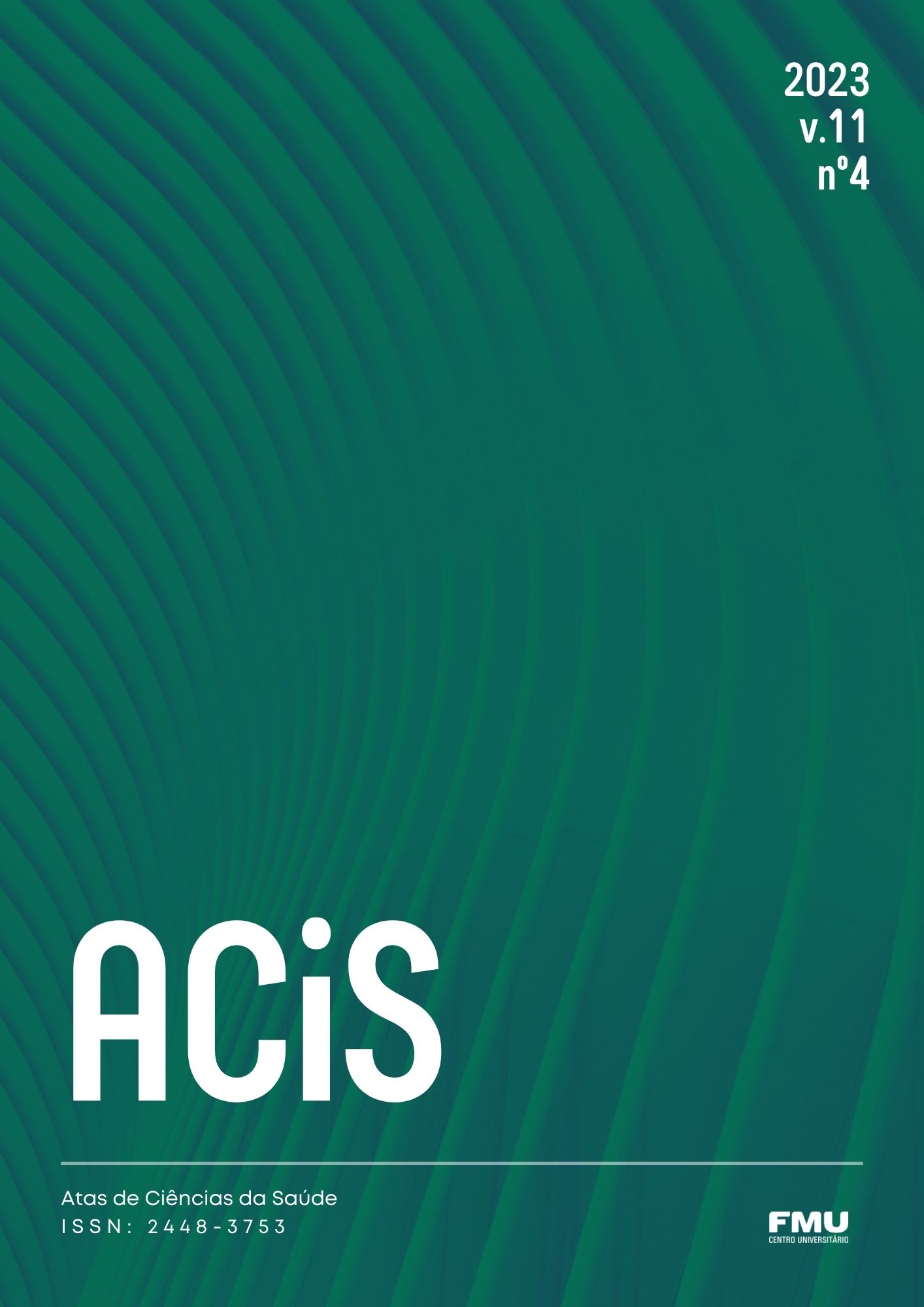A utilização do sequenciamento do exoma para diagnóstico do Transtorno do Espectro Autista (TEA) não sindrômico: uma revisão bibliográfica
Abstract
With the advancement of research, the understanding and relationship between genetics and
autism spectrum disorder (ASD) has been expanded, which is clinically understood as a set of
conditions that are represented by the impairment of social behavior. Currently, the clinical
scenario for diagnoses is still considered a challenge because there is no definitive test.
Although ASD has multifactorial causes, which is the main obstacle to its diagnosis, genetics is
a potential influencing agent, with hundreds of candidate genes. These genes are often
responsible for actions in the nervous system, and the occurrence of a genetic variant can
influence its functioning. Given this, this work aims to carry out a literature review of the use of
whole exome sequencing for the diagnosis of ASD cases with a focus on non-syndromic
conditions, debating its benefits as well as limitations and perspectives. A bibliographic review
of scientific articles was performed with the keywords: ASD, whole exome sequencing and next
generation sequencing, non-syndromic ASD. The research gathered here elaborates and
reinforces the importance of using DNA sequencing for research and diagnosis of autism or
other conditions that may be affected by it.
Published
Issue
Section
License
Copyright (c) 2023 Tamires Vieira Albuquerque Lira, Victor Hugo Almeida Vieira, Larissa Dourado de Almeida, Messias Oliveira Pacheco

This work is licensed under a Creative Commons Attribution-NonCommercial 4.0 International License.
Autores que publicam nesta revista concordam com os seguintes termos:
- Autores mantém os direitos autorais e concedem à revista o direito de primeira publicação, com o trabalho simultaneamente licenciado sob a Licença Creative Commons Attribution que permite o compartilhamento do trabalho com reconhecimento da autoria e publicação inicial nesta revista.
- Autores têm autorização para assumir contratos adicionais separadamente, para distribuição não-exclusiva da versão do trabalho publicada nesta revista (ex.: publicar em repositório institucional ou como capítulo de livro), com reconhecimento de autoria e publicação inicial nesta revista.
- Autores têm permissão e são estimulados a publicar e distribuir seu trabalho online (ex.: em repositórios institucionais ou na sua página pessoal) a qualquer ponto antes ou durante o processo editorial, já que isso pode gerar alterações produtivas, bem como aumentar o impacto e a citação do trabalho publicado (Veja O Efeito do Acesso Livre).





